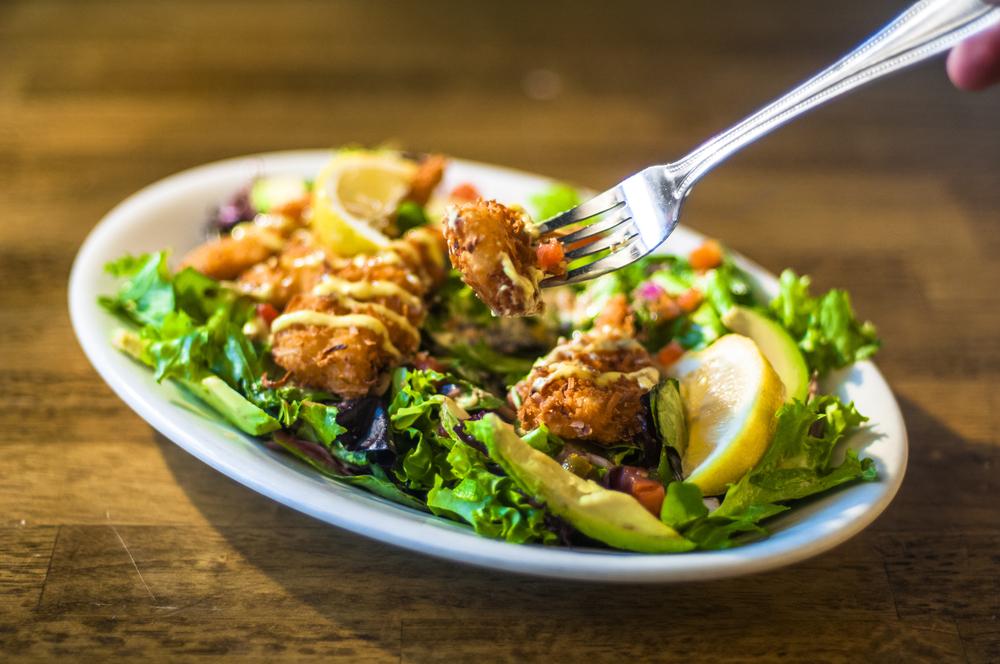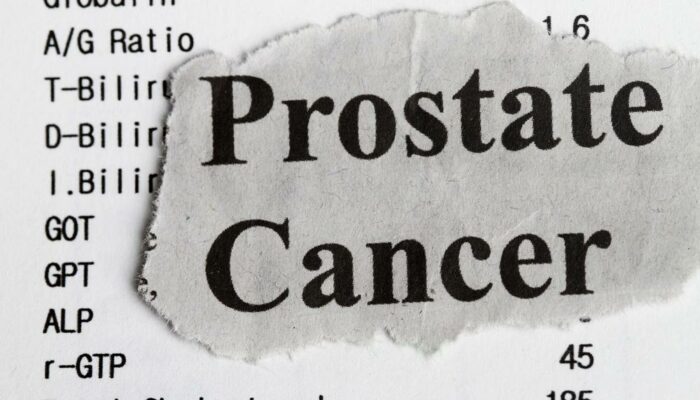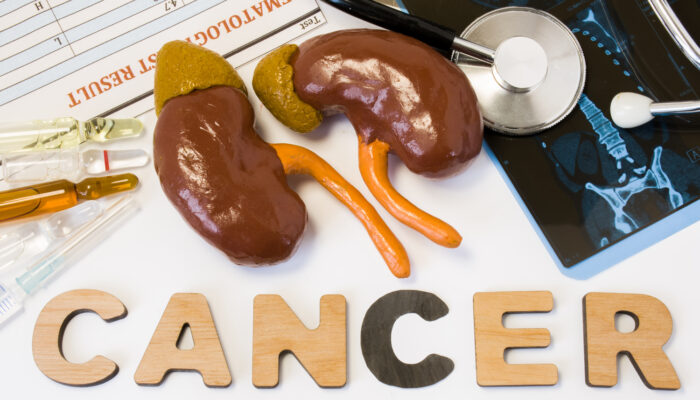
Low Sodium Diet Tips
Many people have a misconception of how sodium affects the body. Many are under the impression that sodium can cause many health issues such as high blood pressure or hypertension, cardiovascular disease, and all of which may be true if consumed in high levels. However, it is important to understand that the human body needs sodium and that this very important mineral is essential to allowing your body to properly function. Sodium is also naturally present in many foods and beverages we consume. Low-sodium diets have been recommended to those who suffer from certain serious medical conditions (i.e., heart failure, kidney disease and hypertension).
If you are looking to improve your overall health, then you may want to opt for a low-sodium diet by considering these tips:
1. Adopt a plant based diet
Consider trying a plant-based diet that focuses on fresh produce, as opposed to an animal-based diet. Fresh fruits and vegetables contain significantly lower levels of sodium when compared to animal-based products.
2. Decrease processed foods in your diet
Try to avoid or minimize your intake of processed food found in chips, prepackaged snack foods foods, crackers, boxed cereals, frozen dinners, fast foods, canned soups, cookies, and pre-packaged snacks. Most of these contain high levels of sodium in order to preserve the shelf life of foods and provide more flavor for the consumer.
3. Monitor salt intake closely
Keep in mind that a single teaspoon of salt is equal to about 2,300 milligrams of sodium. Consuming high levels of sodium has been linked to higher blood pressure and increasing the risk of stroke and heart disease. Consider that most processed foods (i.e, burgers, fries, pizza, chips, salted nuts/crackers, frozen dinners, processed meats, salty soups, boxed meals, canned foods, and certain seasonings) may contain an entire day’s worth of the recommended sodium dosage.
4. Consider your stomach and gut
High-sodium diets have been linked to certain types of cancers, especially one of the most aggressive, which is stomach cancer. Medical research finds that extra sodium intake can actually cause damage to the lining of your stomach, which can even increase inflammation in the stomach lining, and cause pylori bacteria to overgrow and cause damage to the stomach and digestive system over time.
5. Reap the benefits of low sodium
Going low sodium includes many benefits. Consider that research links low sodium diets to:
- Lower blood pressure
- Reduced heart attack risk, hypertension, and hardening of the arteries
- Lower LDL (bad) cholesterol level
- Decreased risk of kidney damage
- Stroke prevention by lowering inflammation
- Lower risk of brain aneurysm
- Protects eye health, especially sight
- Reduced risk of type 2 diabetes
- Improved memory
- Lower risk of dementia
- Decreases overall salt cravings, and therefore urge to eat junk food



